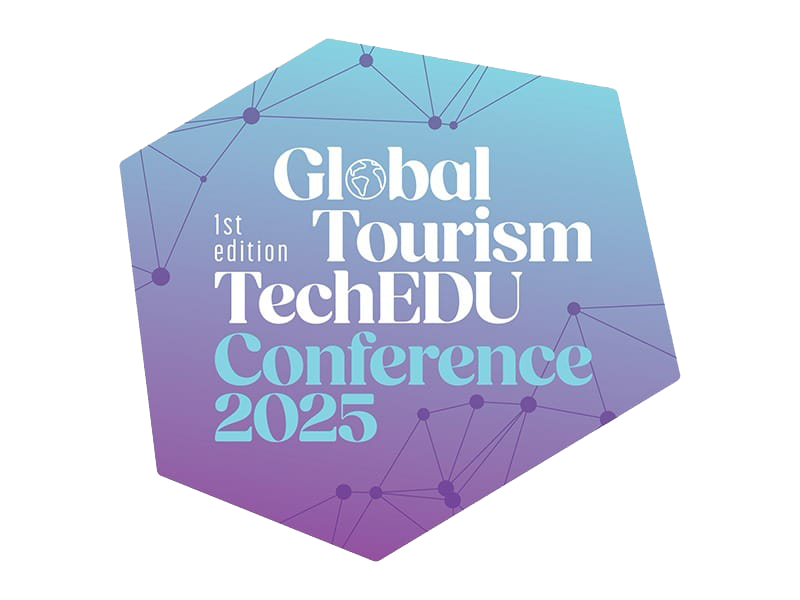Introduction: The Digital Revolution in Tourism
The travel industry is undergoing a technological metamorphosis, and tourism education is the critical catalyst transforming how future professionals will navigate this complex, digital-first landscape. Gone are the days of traditional travel management—today’s tourism education is a high-tech, innovation-driven ecosystem.
Technological Frontiers in Tourism Learning
1. Artificial Intelligence and Machine Learning Integration
Advanced tourism programs are embedding AI technologies at the core of their curriculum:
- Predictive Analytics Courses
- Machine learning for travel trend forecasting
- Customer behavior prediction models
- Dynamic pricing strategy development
- AI-Powered Customer Experience Design
- Developing intelligent chatbot systems
- Personalized travel recommendation algorithms
- Real-time customer interaction optimization
2. Virtual and Augmented Reality Experiences
Immersive technologies are revolutionizing how students learn and understand tourism:
- Virtual Destination Simulation
- Creating fully immersive travel experiences
- Cultural heritage preservation through digital reconstruction
- Remote destination exploration and marketing techniques
- Augmented Reality Tourism Tools
- Interactive travel guide development
- Enhanced visitor experience design
- Cultural interpretation through AR technologies
3. Big Data and Advanced Analytics
Data has become the new currency in tourism education:
- Data Visualization and Interpretation
- Advanced analytics software training
- Tourism trend identification techniques
- Strategic decision-making through data insights
- Blockchain in Tourism
- Secure booking and payment systems
- Transparent supply chain management
- Decentralized travel experience platforms
4. Internet of Things (IoT) and Smart Tourism
Interconnected technologies are reshaping tourism infrastructure:
- Smart Destination Management
- IoT-enabled tourism infrastructure design
- Real-time visitor flow management
- Sustainable resource optimization
- Wearable Technology in Tourism
- Personalized travel experience development
- Safety and navigation innovations
- Contactless service delivery technologies
5. Cybersecurity and Digital Trust
As tourism becomes increasingly digital, security becomes paramount:
- Digital Safety and Privacy Courses
- Protecting customer data
- Developing secure digital platforms
- Understanding global cybersecurity regulations
- Ethical Technology Use
- Digital privacy protection strategies
- Responsible AI implementation
- Transparent technology governance
Skill Development for Digital Tourism Professionals
Students are cultivating:
- Advanced digital literacy
- Technological adaptability
- Strategic innovation thinking
- Cross-platform technical competence
- Ethical technology management
Hands-On Technology Learning Approaches
- Live technology labs
- Industry collaboration projects
- Digital innovation hackathons
- Global virtual internships
- Real-world technology implementation workshops
Conclusion: Innovating the Future of Travel
Technology is not just a tool in tourism education—it’s the fundamental language of future travel experiences.
Key Technology Insights:
- Digital skills are now essential
- AI and data drive tourism innovation
- Immersive technologies transform learning
- Adaptability is the greatest competitive advantage
Ready to become a technology-powered tourism innovator?
Disclaimer: Technological landscapes evolve rapidly. Continuous learning is key to staying relevant.


Leave a Reply